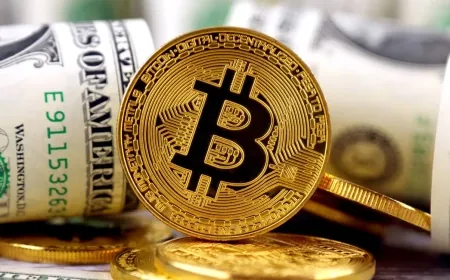Thailand's SEC Adopts Crypto-Friendly Regulations: What You Need to Know?
Thailand's SEC Embraces Crypto with New Regulatory Framework

Thailand's Securities and Exchange Commission (SEC) has recently introduced an updated regulatory framework. This move, announced earlier this month, signals a shift towards more crypto-friendly regulations aimed at fostering growth while prioritizing investor protection.
Under the revised framework, the SEC is tasked with regulating various aspects of cryptocurrencies, including sales, trading, and initial coin offerings (ICOs). Digital asset businesses operating within Thailand are now required to obtain licenses and adhere to the regulations set forth by the SEC.
Key changes introduced in the updated framework include the removal of restrictions on retail investors participating in tokens backed by assets like real estate or infrastructure. Previously, retail investors faced limitations of 300,000 baht (approximately $8,400) per offering in asset-backed ICOs. This adjustment is expected to open up the market to a wider range of investors, thereby supporting the growth of Thailand's digital asset ecosystem.
Another significant update involves the requirement for dedicated entities to manage custodial wallets. These entities must be subsidiaries of publicly listed companies with a proven track record in securely managing securities. This measure is aimed at enhancing the security of digital assets held by exchanges and custodians, thus bolstering investor confidence.
However, despite these forward-thinking changes, the SEC has decided against allowing spot Bitcoin exchange-traded funds (ETFs) in Thailand. This decision aligns with the stance taken by South Korea, which has also prohibited spot Bitcoin ETFs in its domestic markets. Meanwhile, the United States recently made history by approving 10 spot Bitcoin ETFs, marking a significant milestone in the ETF landscape.
Overall, Thailand's transition towards more crypto-friendly regulations reflects a growing acceptance and recognition of the potential benefits of digital assets in the country's financial landscape.
Also Read: German Authorities Seize Record $2.17 Billion in Bitcoin in Major Cryptocurrency Operation































































